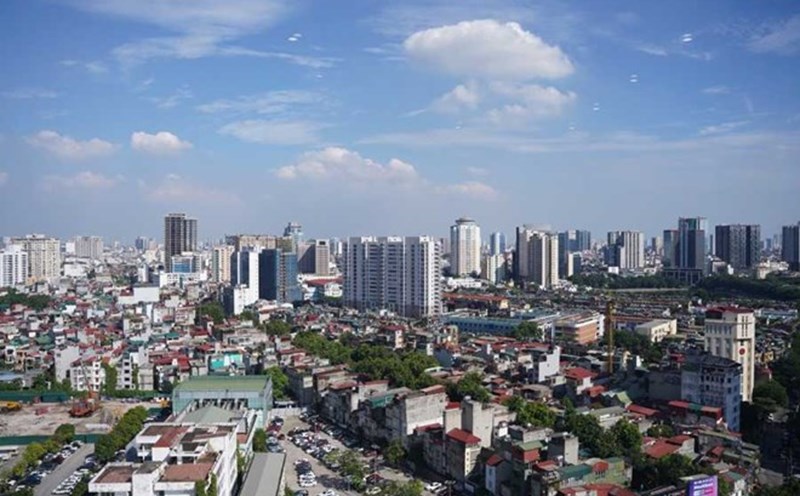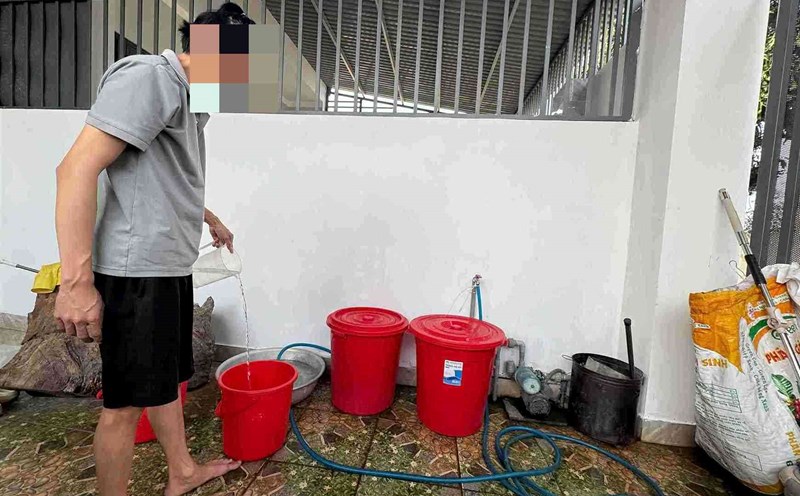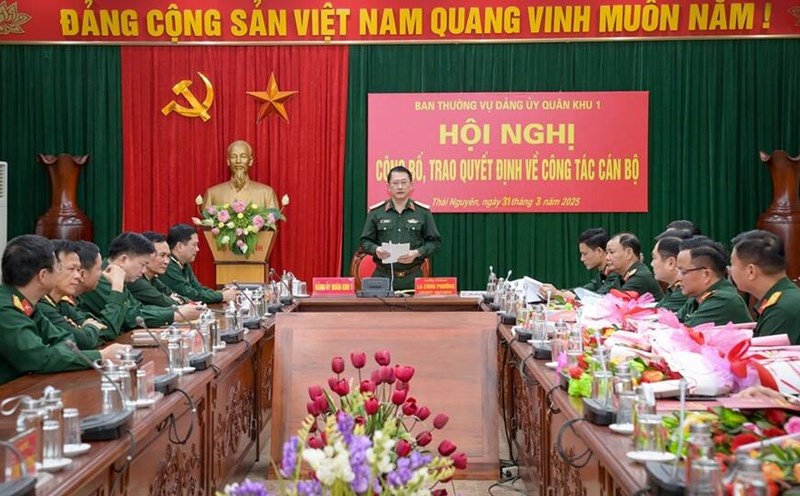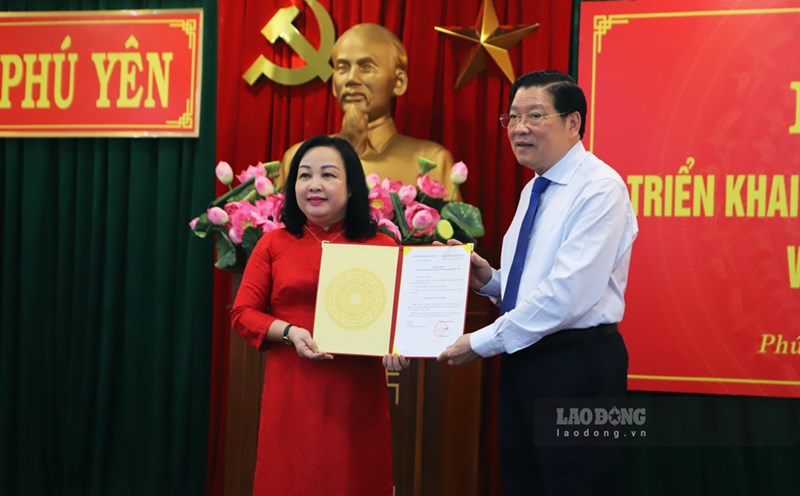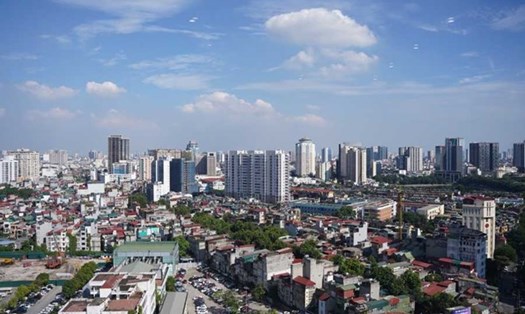Currently, the shortage of housing supply in big cities like Hanoi or Ho Chi Minh City is very large, especially in the affordable commercial housing segment.
Recently, the National Assembly's vote to pass Resolution 171/2024/QH15 on piloting the implementation of commercial housing projects through agreements to receive rights or have land use rights is a positive signal for businesses to be able to implement projects.
This pilot mechanism is considered to be an important tool to help open the market, speed up the development of commercial housing.
Sharing with Lao Dong reporter, Mr. Le Hoang Chau - Chairman of the Ho Chi Minh City Real Estate Association (HoREA) - said that as of March 20, Ho Chi Minh City has recorded 256 enterprises proposing to implement 303 commercial housing projects according to the pilot mechanism stipulated in Resolution 171/2024/QH15 of the National Assembly.
Mr. Chau said that these projects are proposed on a total of 303 land plots, with an area of nearly 2,000 hectares, mostly agricultural land or non-agricultural land other than residential land.
However, along with expectations, there are also shortcomings and problems in implementation regulations that make businesses confused and make it difficult for localities to handle them synchronously.
According to Mr. Chau, one of the major barriers is the legal issue related to land type and approval authority. The national defense and security land has been planned for conversion but has not been handed over to the locality, but there are still no clear handling instructions.
According to current regulations, if these lands have not been transferred to the locality, the Ministry of National Defense or the Ministry of Public Security will directly implement projects to serve the armed forces.
The Draft Decree detailing Resolution No. 171/2024/QH15 of the National Assembly requires sending a list of land and investors to the Provincial People's Committee for review, evaluation and included in the list of pilot implementation. Mr. Le Hoang Chau said that this approach is not synchronous, which can cause conflicts in functions and slow down the implementation progress.
Therefore, the Chairman of HoREA proposed to amend the direction that provincial land management agencies only need to synthesize information to include in the expected list, instead of having to review. The selection of investors and approval of investment policies should be decided by the Ministry of National Defense or the Ministry of Public Security, to ensure consistency with Resolution 171.
Another issue is the regulation limiting the residential land area participating in the pilot mechanism to no more than 30% of the total land fund. In case many projects have the same priority order, the Draft Decree detailing Resolution No. 171/2024/QH15 of the National Assembly only allows priority for urban beautification projects.
This may limit localities with the orientation of developing low-cost commercial housing, mid-range or high-end housing to attract investment.
Therefore, HoREA Chairman Le Hoang Chau proposed that the provincial People's Committee should be empowered to determine priority criteria suitable to the characteristics of each locality and submit them to the provincial People's Council for approval. This helps the locality be flexible in planning and quickly implement projects in a timely manner.



